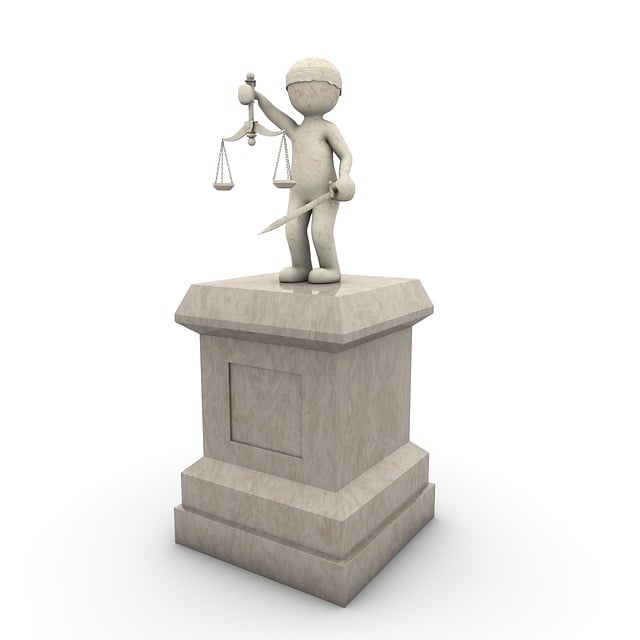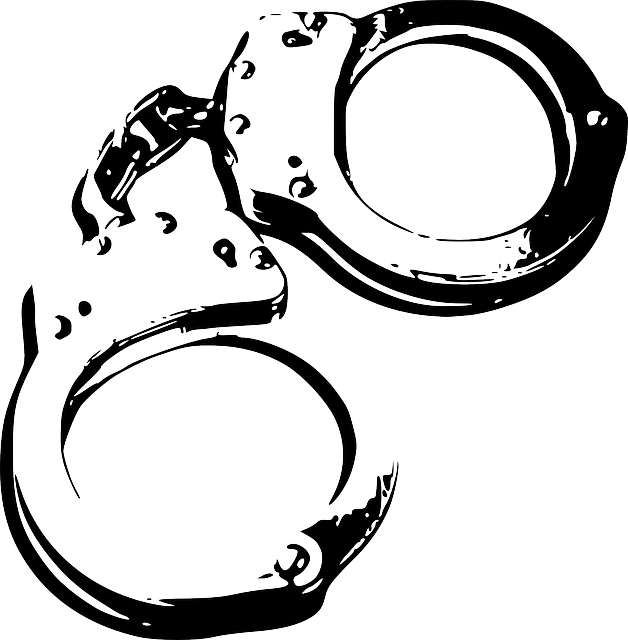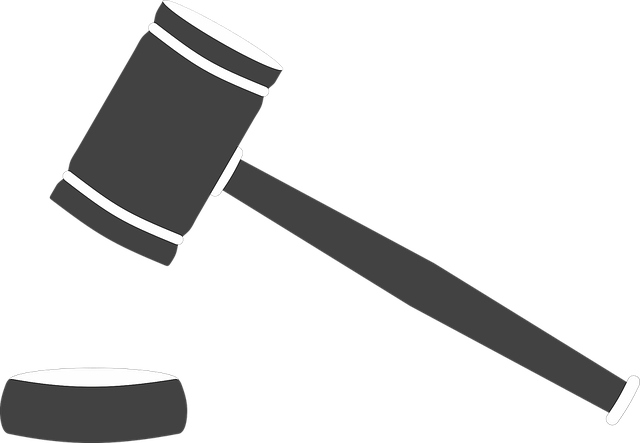Corporate Crime Investigations navigate complex cases of business misconduct, focusing on financial fraud and corruption. These white-collar crimes, though subtler than physical offenses, have significant societal impacts. Balancing justice with procedural fairness, as dictated by the Right to a Fair Trial Constitution, is paramount when investigating high-level executives and intricate financial transactions. The goal is to ensure accountability while protecting individual rights, maintaining public trust in the justice system, and fostering ethical business conduct through specialized methods, strict evidence protocols, and preventive measures like internal controls and compliance programs.
Corporate Crime Investigations delve into complex cases where businesses and their executives engage in illegal activities. Understanding these crimes, defined and scoped, is crucial against the backdrop of constitutional rights and the right to a fair trial. This article navigates the legal framework governing such investigations, exploring methods and challenges in uncovering corporate wrongdoings. It also examines evidence collection, admissibility, and preventive measures, highlighting the pivotal role of regulatory bodies in ensuring fairness and accountability within the corporate landscape.
- Understanding Corporate Crime: Definition and Scope
- The Legal Framework: Constitutional Rights and Fair Trial
- Investigating Corporate Wrongdoings: Methods and Challenges
- Evidence Collection and Admissibility in Court
- Preventive Measures and the Role of Regulatory Bodies
Understanding Corporate Crime: Definition and Scope

Corporate Crime Investigations delve into complex scenarios where businesses and their employees engage in illegal activities. Understanding corporate crime requires a nuanced approach, as it encompasses a wide range of misconduct, from financial fraud to corruption. These offenses, often referred to as white-collar and economic crimes, differ significantly from traditional street crimes due to their subtle nature and lack of physical violence.
The scope of corporate crime is vast, impacting not only the involved organizations but also the broader community and national economy. Investigations into these matters must consider the rights of individuals, including the Right to a Fair Trial as guaranteed by the Constitution. Balancing the pursuit of justice with procedural fairness is essential, especially when dealing with high-level executives and complex financial transactions across the country. Effective investigations aim to avoid indictment while ensuring accountability for such illicit activities.
The Legal Framework: Constitutional Rights and Fair Trial

In corporate crime investigations, balancing the need to uncover illicit activities with the protection of individual rights is paramount. The legal framework governing these cases is primarily structured by the Constitution, which guarantees the Right to a Fair Trial. This right ensures that individuals accused of crimes are treated fairly and have access to due process, including the right to counsel, confrontation of witnesses, and protection from self-incrimination. Understanding and adhering to these constitutional rights are crucial in maintaining trust within the philanthropic and political communities, who closely scrutinize the integrity of legal proceedings.
When navigating complex corporate investigations, investigators and prosecutors must avoid indictment without sufficient evidence, as it undermines the fairness of the trial process. Ensuring that each step of the investigation respects the Right to a Fair Trial is essential for upholding the rule of law and maintaining public confidence in judicial outcomes, ultimately fostering a more ethical and transparent business environment.
Investigating Corporate Wrongdoings: Methods and Challenges
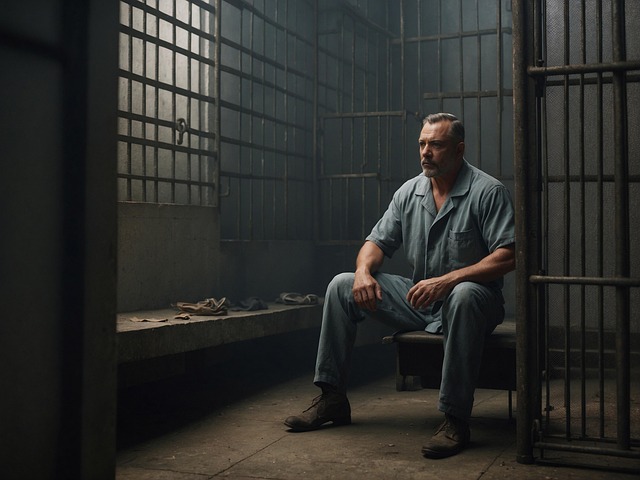
Investigating corporate wrongdoings presents unique challenges for legal professionals due to the complex nature of business structures and high-stakes implications. When examining corporate crime, investigators must navigate a delicate balance between uncovering evidence of misconduct and preserving the rights of all involved parties, especially in light of the Right to a Fair Trial Constitution. This includes ensuring that any investigation respects the legal defenses available to both corporate and individual clients, which can be a complex task given potential conflicts of interest.
One of the primary challenges is gathering reliable evidence without compromising the integrity of the process. With an unprecedented track record of corporate fraud and misconduct, investigators often face intricate financial schemes, sophisticated cover-ups, and international jurisdictional issues. Skilled investigators must employ specialized methods to trace illicit transactions, analyze digital forensics, and interrogate witnesses while maintaining strict adherence to legal protocols. Balancing these demands requires a meticulous approach, one that prioritizes the thoroughness of the investigation without unduly prejudicing any party involved.
Evidence Collection and Admissibility in Court
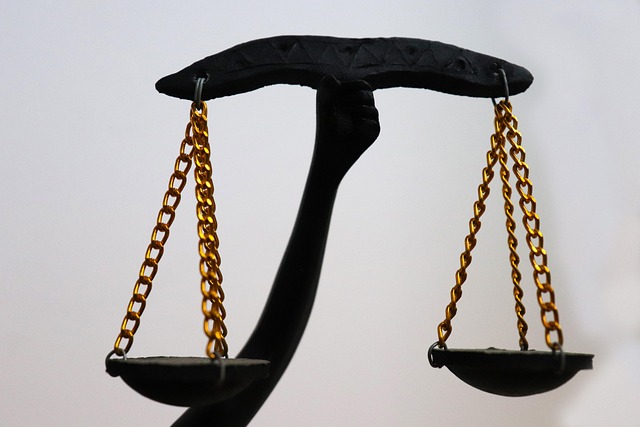
Evidence collection is a critical aspect of corporate crime investigations, as it forms the backbone of any legal proceedings. The admissibility of evidence in court is governed by strict rules aimed at ensuring fairness and reliability. In the context of corporate cases, this process must be meticulous to protect the rights of both victims and accused companies, while upholding the principles enshrined in the Right to a Fair Trial Constitution. A general criminal defense strategy often involves challenging the admissibility of evidence to achieve extraordinary results, especially when navigating complex financial crimes across the country.
The challenge lies in gathering evidence that is not only relevant but also reliable and obtained through legal means. Investigators must adhere to stringent protocols to maintain the integrity of physical and digital evidence, ensuring it can stand up to scrutiny in court. This includes documenting every step of the collection process, using appropriate preservation methods, and obtaining necessary warrants or authorizations. By doing so, defense attorneys can effectively challenge inadmissible evidence, protecting their clients’ interests while ensuring a fair trial.
Preventive Measures and the Role of Regulatory Bodies

Preventive measures play a crucial role in mitigating corporate crime. Organizations must implement robust internal controls, ethical guidelines, and compliance programs to deter misconduct. Regular training sessions on corporate governance and anti-corruption policies can empower employees to recognize and report suspicious activities, fostering an ethical culture from within. Moreover, regulatory bodies have a significant part to play in ensuring these preventive strategies are effective. They enforce laws and regulations that set standards for business conduct, often imposing penalties for non-compliance. These regulatory measures create an environment where accountability is paramount, deterring potential wrongdoers from engaging in high-stakes cases of white-collar crime.
The Right to a Fair Trial, enshrined in the Constitution, balances the need for punishment with due process. In corporate investigations, it ensures that suspects are treated fairly, providing them with the right to legal representation and a transparent trial process. This constitutional principle is vital in maintaining public trust in the justice system, especially during jury trials where the consequences can be severe for businesses and individuals alike. Regulatory bodies must respect and uphold these rights, ensuring that investigations are conducted impartially, thus preserving the integrity of both corporate crime prosecutions and the legal system as a whole.
Corporate crime investigations require a delicate balance between upholding the right to a fair trial and ensuring justice. The legal framework, as outlined by the Constitution, plays a crucial role in guiding these inquiries. By employing robust evidence collection methods and adhering to strict admissibility standards, investigators can navigate the challenges inherent in corporate cases. Moreover, preventive measures and regulatory bodies play a vital role in deterring future misconduct, fostering a more transparent business environment. Understanding these aspects is essential for both legal professionals and businesses alike to promote ethical conduct and maintain the integrity of our judicial system.

